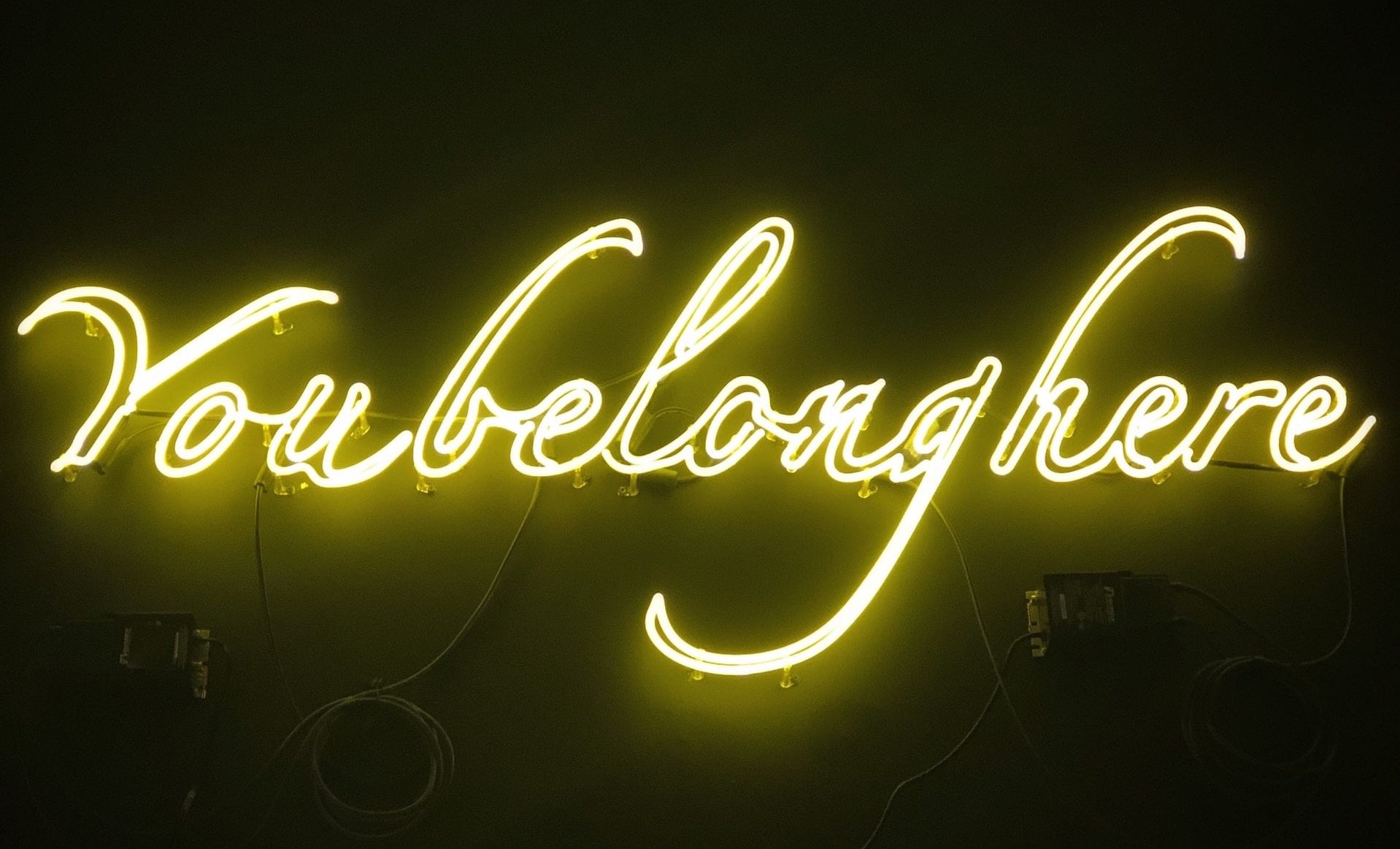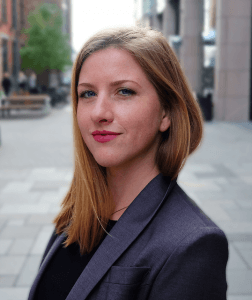Moving as a traumatic experience
“Moving houses or apartments is one of the most traumatic experiences you can go through as a human being,” said the therapist whose name I can’t remember. “It’s no wonder you’ve had such a severe breakdown, what with moving between four countries in less than a year,” he added. It was August 2017. I’d recently moved to Paris after living in Barcelona and Oslo, and I was shopping for a new therapist following a severe mental breakdown. This was our first session, but five minutes in, I’d already decided that I wouldn’t give him a second chance. Nonetheless, I’m still grateful to him for directly contributing to my second and biggest breakthrough in my years long fight with depression. I now know that besides burn out (in my adult life), my most severe and most enduring depressive episodes in the past 15 years, have been triggered by moving.
Sarah Kershaw wrote in the New York times about “The psychology of Moving.” According to the article, “whether one moves frequently or almost never, moving is an intensely emotional experience…because housing and moving are filled with symbolism, the hope for new beginnings, crushing disappointments, loss, anxiety and fear.”[1] I moved to Norway in 2017, as part of an Erasmus Master programme, after starting the programme in Barcelona, the previous September. I returned in 2018 to complete the programme and have continued to live in the country in the year since graduating. Erasmus programmes are hosted by two or more European universities (and sometimes a non-European partner university) and require students to move every three to six months, between universities, cities and countries, over a period of two years. I expected this experience to be the adventure of a lifetime. A piece of cake. I love to travel, I often felt restless with being in one place for too long without going anywhere else and am always eager to explore new places. Cue childhood trauma, a history of depression and the psychology of moving.
I’ve come to learn that for me, moving generates subconscious feelings of displacement and not belonging. My negative psychological response to moving is further exacerbated by the trauma I experienced due to frequent moving as a child (between my mom and relatives and between houses, neighbourhoods, cities, provinces and schools), from as far back as I can remember, until I was thirteen. I was never neglected, I never lived with strangers, I went to great schools, I had the privilege of taking part in most of the opportunities I wanted, received pocket money, had plenty of friends and had a birthday party almost every year, but I also moved almost every year, to the detriment of my mental health, even in adulthood.
Belonging
Since my little breakthrough, I’ve put a lot of thought into what it means to belong and why feeling like one belongs is important. Belonging is an intimate feeling of attachment; feeling at home and feeling safe[2]. We can claim to belong to people, groups, neighbourhoods, towns, cities or countries (objects of attachment), for example, all at the same time or at different times. A sense of belonging to any object of attachment grows through everyday practices and experiences, but there are five factors which help to create a sense of belonging to a place: personal history, relationships, cultural factors, legal status and economic status.[3]
Our childhood memories, personal experiences and relations, attach us to particular people or places. Where we are born and/or have grown up especially remains a central place in our lives. Relationships and the social ties that add value to our lives are an important part of feeling like we belong to a place. These can be strong relationships with friends and family and/or occasional interactions with the strangers we share public spaces with. Occasional interactions alone are, however, not enough to make us feel like we belong in a place. We need strong and stable relationships, filled with care and concern. Where belonging is concerned, language is the most important cultural factor, and this also includes unspoken codes, signs, and gestures. While language can be used to exclude, it can also invoke a sense of community and mutual understanding. Citizenship and a secure right to residency are also important for us to feel like we belong. This helps to make us feel safe and secure in the environment, gives us certain legal and social entitlements and creates the conditions for us to participate in and actively shape the place we are in. Insecure legal status, therefore, has a negative impact on one’s feelings of belonging to a place.
Work and Belonging
The fifth element that contributes to belonging relates to work and our economic status. Generally speaking, work and productivity upholds or instills a feeling of dignity within ourselves. We also often see others as worthy of greater respect if we perceive them to be productive members of society. So being in or out of work contributes to how we see ourselves and how other people see us. While there are opportunities to do voluntary labour, and sometimes it can make strategic sense to do an unpaid internship, where belonging is concerned, work is also important as a tool for income generation and upward social mobility. Being in paid work contributes to creating safe and stable material conditions for ourselves and our families and the resources to move forward in our personal and professional aspirations. Work and a positively stable economic position, with opportunities for upward social mobility, can also make one feel that they have a stake in the future of the place where they live. Additionally, income also gives us the resources to not only fully participate in our own lives, but in the life of our society. The kind of work that we do can also matter. For example, a British a study[4] found that “a sense of belonging to the British society was stronger among those refugees who, rather than being engaged in casual labour, had built a professional life.”

So it is not surprising then, that alongside not being born and raised in Norway, not speaking Norwegian, as well as struggling to build strong relationships in a country where even casual encounters between strangers are hard to come by; being out of work, and paid work in particular, can be detrimental to feeling like one belongs. Being in work can also contribute to the possibility of fulfilling the other factors of belonging, such as getting to grow one’s linguistic capacities, building strong relationships (meeting people often requires money and one can also meet people at and through work) and securing permanent residency.
In the absence of belonging, there is a sense of loneliness, isolation, alienation and displacement[5]. This could also lead to a lack of motivation and mental health problems. In addition, the question of “Who am I?” cannot be isolated from the question of “where do I belong?”[6] Whether one is a trailing spouse or love immigrant, continuously feeling like you don’t belong in Norway or not gaining some or all of the factors that support belonging, can cause a crisis of identity, as many people I’ve met have shared.
I won’t go into specific personal experiences or share resources about factors relating to securing residency, learning Norwegian, finding work or creating a community for oneself further than to say that there is a growing number of people and organisations offering to help. Some of the information can be found through Diversify or on previous blogs on their page. One way to help ourselves along, can be to identify the most pressing needs that can foster our belonging, and seek out the necessary resources to help fulfill those needs.
With that said, as much as we must help ourselves and try to enhance our personal feelings of belonging, one needs to also be kind to oneself. Sometimes you can try your best and do everything right, and still end up struggling and out of work or out of place. Belonging, and the factors that contribute to belonging, do not exist outside of the realm of power and everyday interpersonal actions of inclusion and exclusion. Which is why, especially when it comes to creating equal opportunities in the labour market for international professionals, we do need to engage those who hold institutional power. One also has no control over whether or not one’s Norwegian neighbours, colleagues and classmates will ever completely include them or welcome them into that circle of trust that is notoriously difficult to infiltrate. And so, while you might build strong relationships with other people of an international background, not being close to Norwegians may have a negative impact on one’s sense of belonging, and this is unfortunately outside of one’s control.
[1]Kershaw, 2010; [2]Yuval-Davis, 2006 and Antonsich 2010; [3]Antonsich, 2010; [4]Yuval-Davis and Kaptani, 2008 in Antonsich 2010; [5]Antonsich, 2010; [6] Antonsich, 2010.
Written by Michell Mpike





This is such a beautifully written piece that really resonates with me. I am originally from the US, but lived in South Korea for nine years and moved to Oslo from Seoul about a year ago. It’s been a rough transition, and I’ve often felt like I’m going crazy between trying to finish my PhD, learn a new language, look for a job, help my children feel comfortable in their new environment, etc. etc. Reading this essay has both validated and comforted me…thank you!